All Welcome?
Sorry I am late (but I brought a choir)
A sober celebration of the silly: Håkon Anton Olavsen invites us into the silliness of a ridiculous situation, turning a film into a not-film.

This does not seem like a film.
It seems like a video that you recorded on a winter evening, amused by the alcohol-soaked shenanigans of a group of strangers congregating on the staircase between the floors of your building. Or maybe your friend shot this video. Or maybe you are one of the people waiting on the staircase, holding a packet of crisps in one hand and a can of beer in the other. In one way or another, you are part of it, you are there, and it is yours.
Characters in Håkon Anton Olavsen’s Sorry I am late (but I brought a choir) may be tipsy, but the film is a sober celebration of the silly. Party host Nina stands outside her front door on the first floor of her apartment building and shakes hands with Kristen, Sophie, Kaja and Joakim; she has absolutely no idea who they are but they are here to attend her housewarming. The one person she does know–Stian–emerges from the hubbub in a green beanie to explain that this is a choir he met on the tram and thought it would make the perfect housewarming gift. The choir is drunk and very pleased with themselves. Nina is confused and not very pleased about the choir. Clearly, she is not going to let them in.
And so, this tipsy choir, randomly sourced from Oslo’s public transport network, is stuck on a staircase in a residential establishment, neither in nor out, in an in-between state and an in-between space. Guests from inside the flat step out, curious to see what’s going on, and the staircase becomes a party in its own right.
Scrambling around in the enjoyable chaos of this party, the camera has a life of its own. It moves whenever and wherever, zooming in and out as it pleases, on whomever it pleases. And why should it not? After all, it is a smartphone camera. Olavsen shot his project with cinematographer Kristoffer Engholm Aabo on an iPhone 6. The messy movements and increasingly grainy product of the camera are perfect for recording the mischief of a drunken evening. The camera creates the sense of an individual. It personalises this ridiculous situation and becomes an invitation into the silliness of it. It turns the film into a not-film, into something that is not planned and curated but spontaneous and real, something that stays stored in a phone gallery or on iCloud, something that is watched and re-watched time and time again.
There is a suggestion that the gathering be moved to Sverre’s place but that’s not a good idea because his girlfriend has a urinary tract infection. Stian introduces some people of the choir to the guests. Nina’s cat tries escaping. A boy and a girl find something extremely stupid extremely funny and laugh their heads off. The cat tries escaping again. Nina receives a call from the neighbours complaining about the noise (turns out it is two people pranking her). Someone plugs in the socials of their choir, asking one of Nina’s guests to like “Choir Humana” on Facebook and Instagram (the equally drunk interlocutor of this interaction has trouble understanding words). There is a perpetually surprised bloke chomping down on his hotdog. The choir argues that they should be let in because they come bearing vodka.
Then there is Miguel, an exchange student who doesn’t know Norwegian and doesn’t know his voice in the choir. He is just here to have a good time (and is a tenor, by the way). The cat successfully escapes, scuttling down the stairs. Nina and a bunch of other people go after it. Someone wants to cuddle the cat, and someone else makes the very astute remark that the cat doesn’t understand Norwegian. A girl starts singing while barely managing not to fall down. Nina brings the cat back up and, looking Stian dead in the eyes, says a single word: please.
Each character on the staircase is a full person. Some remain silent throughout, while others only briefly enter the frame, but writers Olavsen and Sunniva Kviteberg (who also collaborated with Olavsen on the Amanda award-winning Superdupermegagigasingle) make sure that their unique personalities make themselves known nonetheless. In doing so, they turn characters into people.
After the fiasco with the cat, Stian thinks that he and the choir should really leave. But then someone comes up with a(nother) fantastic idea: they should sing a song. The members all agree and line themselves up on the stairs, preparing to sing Imogen Heap’s “Hide and Seek” (which, funnily enough, opens with the lines, “Where are we? What the hell is going on?”). With their harmonious voices echoing in the hall, the story experiences a tonal shift. The setting amplifies the acoustics, and serenity enters the space, transforming the experience of listening to the choir into something transcendental.
But even then, the drunkenness of the moment does not disappear, and Olavsen retains comedic elements without corrupting the sombreness. The choice of song is both personal and technical. Heap is a favourite of Olavsen and Kviteberg, and the dynamic nature of “Hide and Seek” keeps it in tune with the overall flavour of the short. Sorry I am late (but I brought a choir) ends when the eponymous choir is done with their performance and faces the smartphone camera, drunk and delighted.
We never see the choir leaving the building (or finally being invited into Nina’s home after their beautiful song). The short is but a ten-minute recording of one evening. The in-betweenness of its content is also there in its context and form. It has a beginning, middle, and end, but it also does not. Shot with almost no budget (all actors volunteered to work for free) in Olavsen’s own home in half a day, this not-film is about people being people, both behind and in front of the camera. It is yours because you are in it. It is yours because it stays with you as a happy feeling in your body.
This text was developed during the European Workshop for Film Criticism #6—a tandem workshop set during Kortfilmfestival Leuven and Vilnius Short Film Festival—and edited by tutor Savina Petkova.
The European Workshop for Film Criticism is a collaboration of the European Network for Film Discourse (The END) and Talking Shorts, with the support of the Creative Europe MEDIA programme.

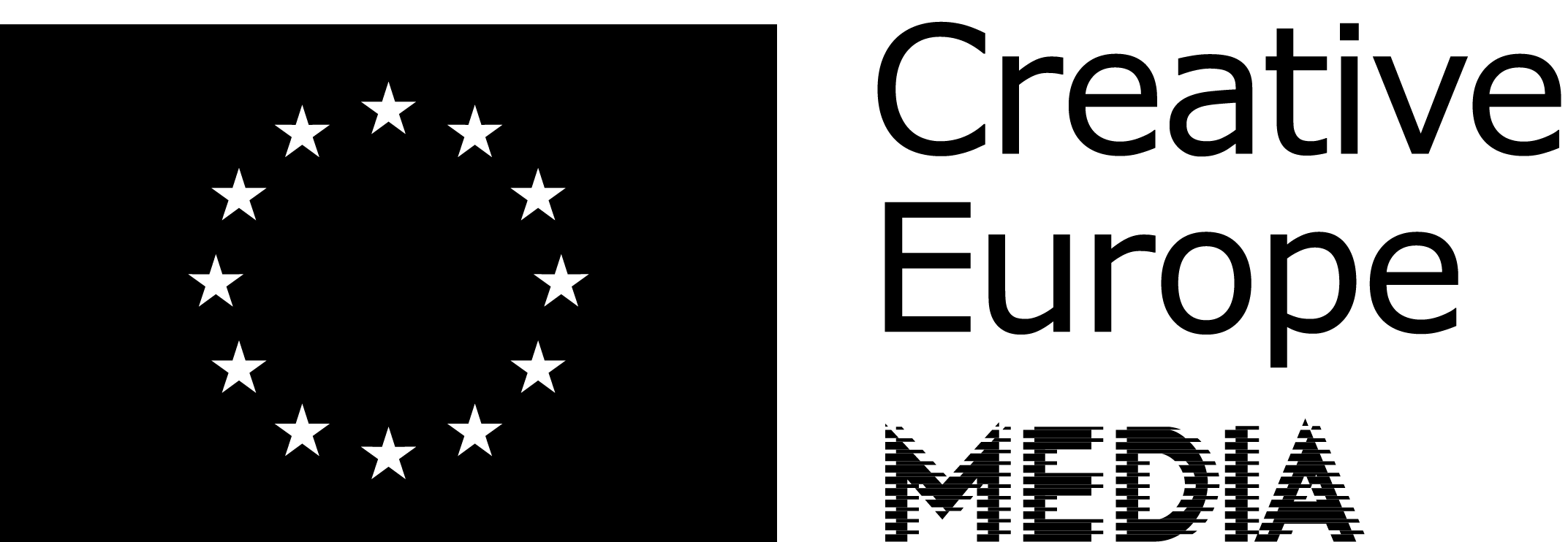
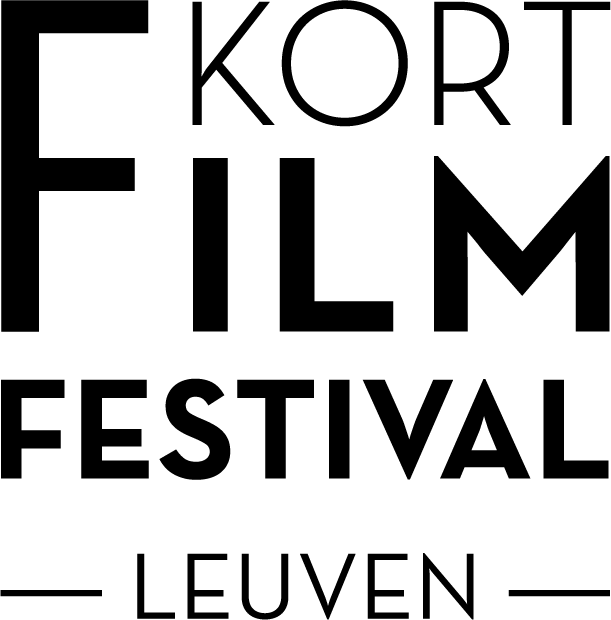
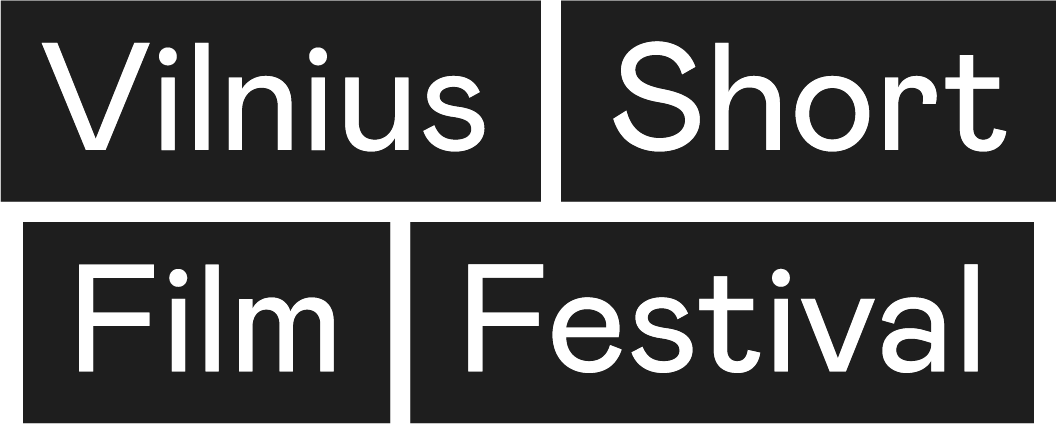
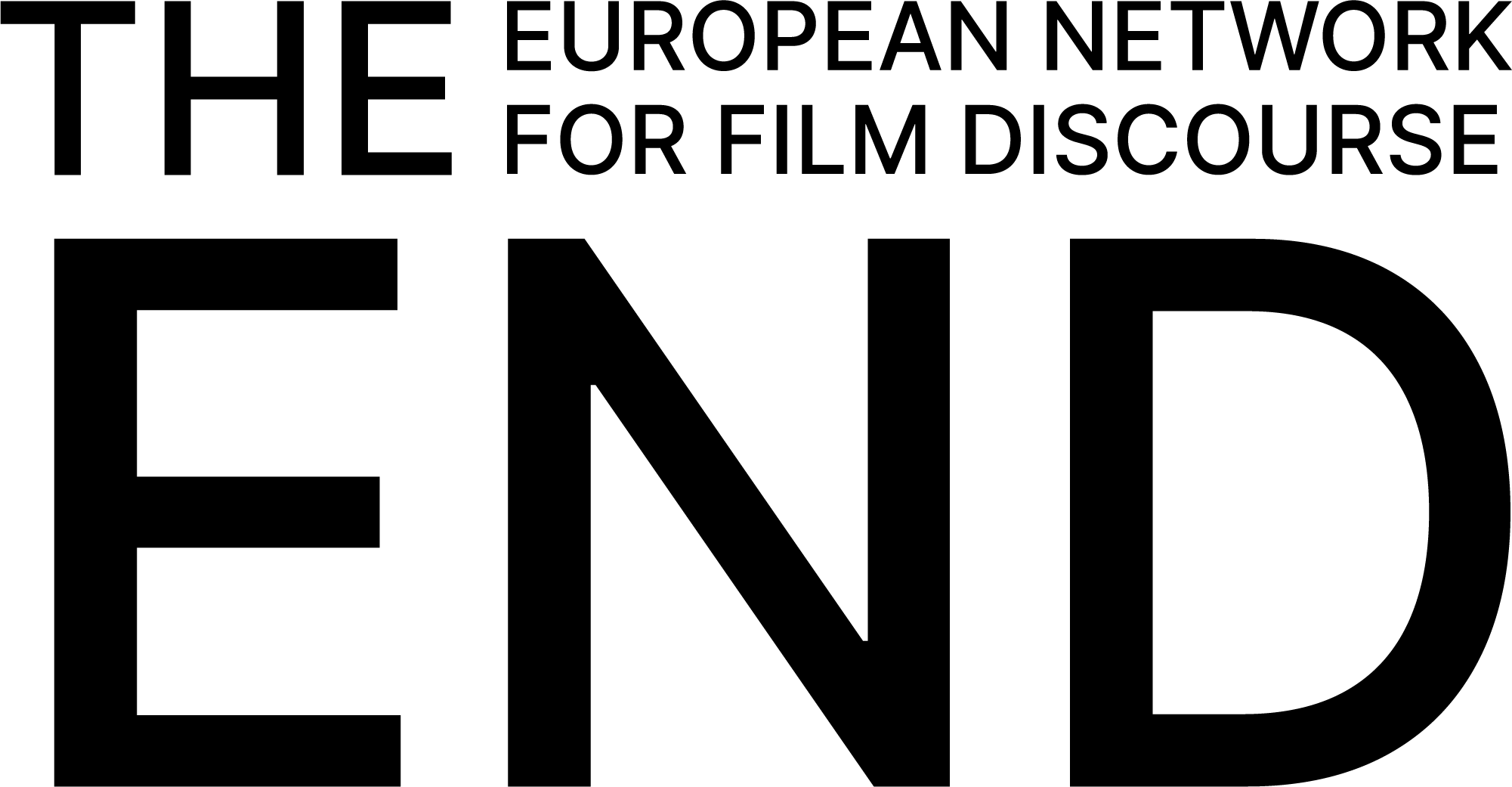
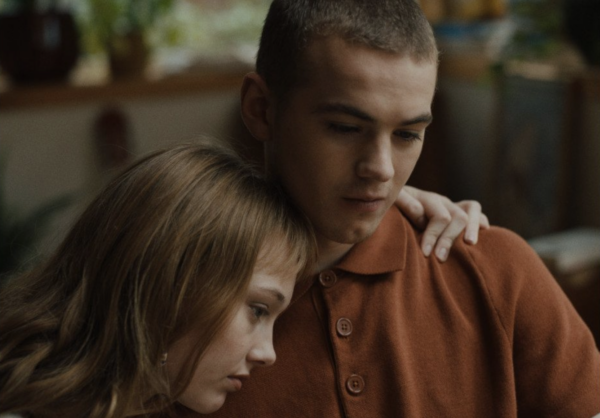

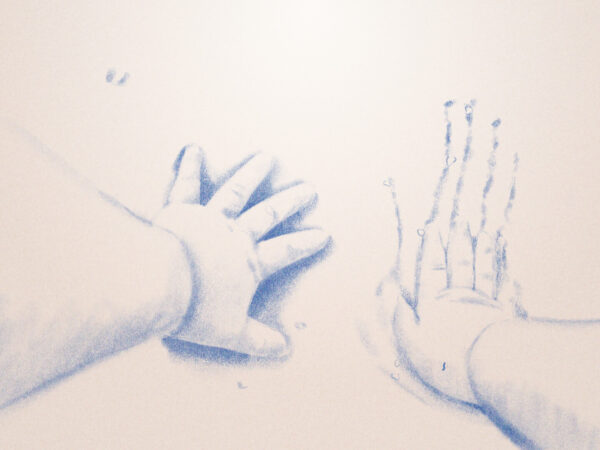

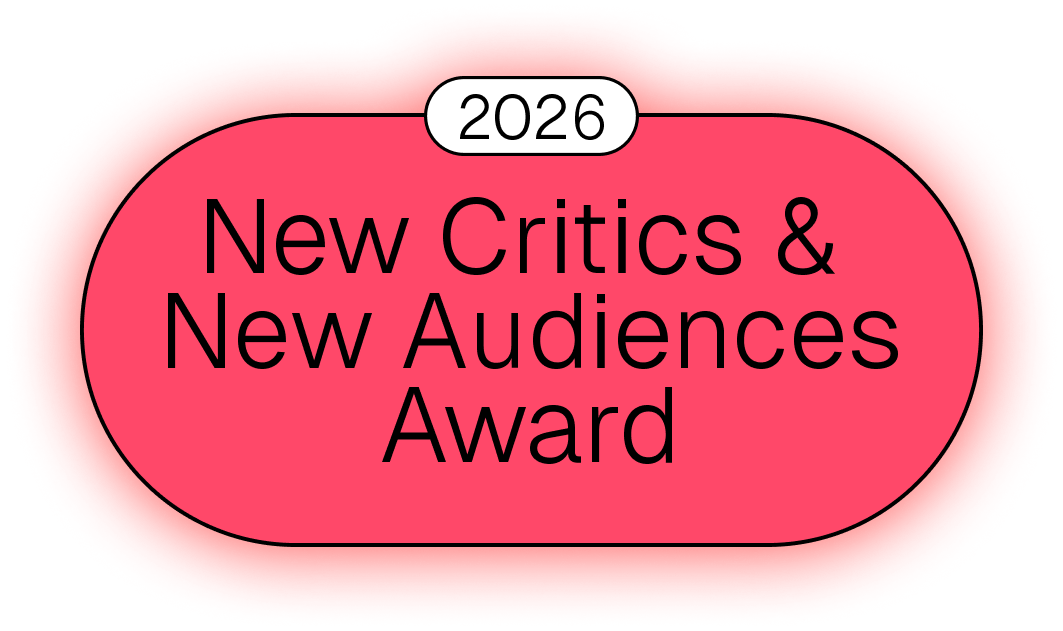
There are no comments yet, be the first!